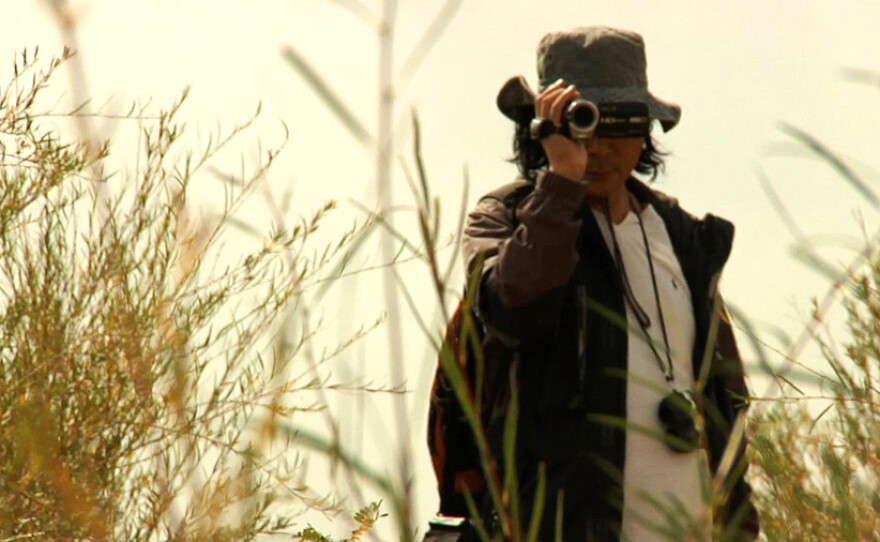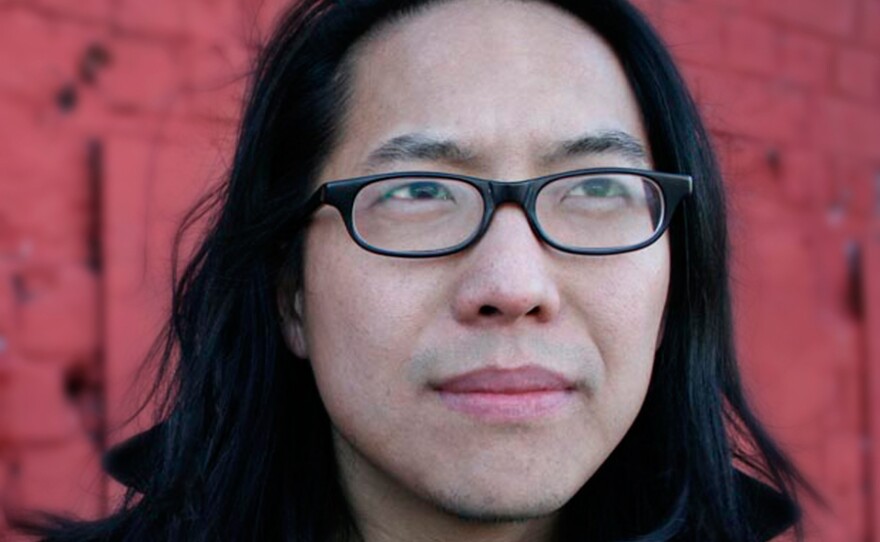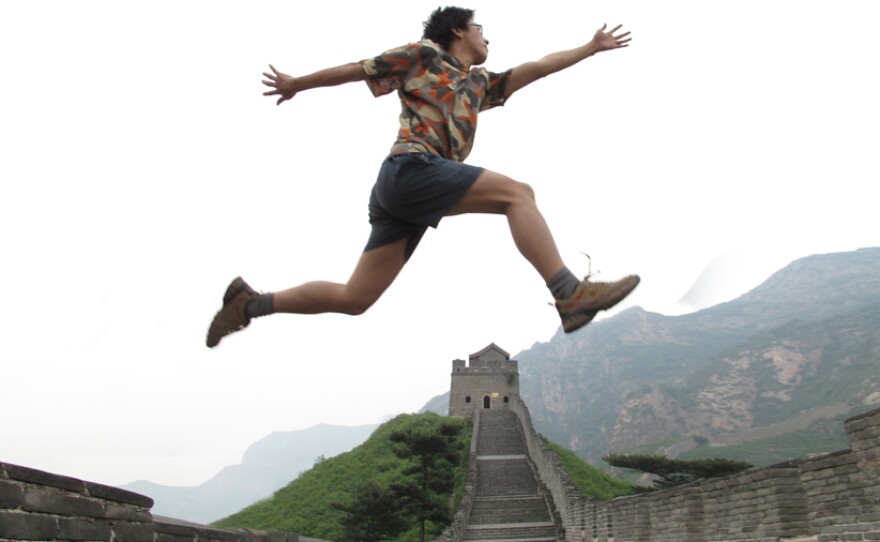As if China’s government hasn’t had enough trouble maintaining its control of information in the face of rapid economic growth and global integration, it now has to contend with the likes of “Tiger Temple” and “Zola.” These are the Internet pseudonyms of two bloggers who began in 2004 and 2007, respectively, to document and report all the bad news—crime, corruption, economic inequality—that the government doesn’t see fit to print or broadcast.





Filmmaker's Quote
“The number of Internet users in China has more than doubled from 250 to over 513 million since we started this project in 2008, and online censorship continues to be one of the government’s most useful political tools,” says director Stephen Maing.
“In the early years after the Great Firewall was installed, I was intrigued by the stories of young Chinese ‘netizens’ who were circumventing the online barriers, what they call ‘leaping the GFW.’ I wanted to make a film about youth, activism and technology, but after getting to know Zola and Tiger Temple over the course of four years of filming, I realized their stories revealed a deeper narrative about a new China still trying to reconcile with its Maoist past."
“Since we completed the film in April 2012, advancements in online censorship include increased numbers of Internet police and engineers as well as Web monitors employed by privately owned Internet companies. As a new China hurtles towards a rapidly changing future, the government and online netizens continue to try to outsmart each other, and people like Zola and Tiger Temple are emerging as the forefathers of a brave new civil society.”
"High Tech, Low Life" is the gripping story of how these two men, independently and for different reasons—and using common tools of the Internet age—turned themselves into one-man news stations while skirting government censorship and dodging arrest. They are models for what may be China’s most dangerous advocate of free speech: the citizen reporter.
Stephen Maing’s "High Tech, Low Life" has its national broadcast premiere on Monday, July 22, 2013 (check local listings), as part of the 26th season of the award-winning PBS series POV (Point of View).
"High Tech, Low Life" is the cinematic journey of 57-year-old Zhang Shihe, aka Tiger Temple, a wandering writer and self-described romantic, who earned the title of China’s first citizen reporter after he impulsively documented an unfolding—and unreported—murder in his neighborhood, and of 26-year-old Zhou Shuguang, aka Zola, a vegetable seller with big dreams, who saw an opportunity for fame and fortune in reporting suppressed news throughout China.
The film is also a fascinating snapshot of what happens when 20th-century power politics meet 21st-century communications technology. Among the striking revelations of "High Tech, Low Life" is how openly ordinary citizens have taken to criticizing the government—and how hungry they are for factual, independent news.
Zola and Tiger Temple show via the Internet the kind of scenes the government wants suppressed: poor people clinging to homes facing demolition by developers backed by government officials, the rape and murder of a young girl by an official’s relative, herdsmen deprived of their grazing lands for farms, homeless people living in holes called “dog houses” near Tiananmen Square, the degraded living conditions of migrant construction workers in Beijing.
In the face of such grassroots journalism, the government has deployed the so-called “Great Firewall,” its Internet censorship system. But Tiger Temple and Zola’s success in getting the news out, armed with nothing more sophisticated than laptops, cellphones and digital cameras—not to mention bicycles—seems to mock the system.
Zola got his start when a family in a neighboring province was resisting unlawful eviction by city developers. Curious, he closed his vegetable stand and went to see for himself. After posting reports on his blog, he was amazed to receive thousands of hits—and soon after, requests to report on alleged injustices elsewhere. This unexpected turn jumpstarted his ambition to achieve fame as a roving citizen reporter.
In the face of fierce opposition from his parents, who wanted him to stick with the vegetable business, Zola began traveling the country, playing a cat-and-mouse game with government censors and security forces. The game goes on, Zola explains, because “nobody knows what principles govern the Great Firewall’s censorship.”
In Beijing, 1,200 miles and a generation away from Zola—and three years before Zola began his reporting—the older Tiger Temple was frustrated when his candid murder photographs were censored from China’s news reports. He posted them on his blog—and they weren’t immediately taken down because, he ventures, “blogs were still a new thing.”
Emboldened and increasingly angered by the state media’s whitewashing of news and echoing of propaganda focused on maintaining social stability, he committed himself to reporting untold stories. He took to the roads on a bicycle equipped for digital recording and Internet uploads, a striking image of the old China joined with the new.
Like Zola, Tiger Temple has gained notoriety and receives many bids for his attention and, like Zola, he tries to work just short of provoking his own arrest. However, he is more rooted in a sense of history and contemporary politics than Zola is.
When they meet at a bloggers’ conference, Zola tells the older man, “Some people are passionate about their country. Young people like me just want to have fun.” Tiger Temple admits his generation cares “about the country, about the world. . . . We’re addicted to political issues.”
Playing sometimes like a thriller, sometimes like a step through the digital looking glass, "High Tech, Low Life" recounts the inspired work of two Chinese citizen reporters who walk a risky line between social commentary and political dissidence.
From very different perspectives, they must come to terms with the costs—and for Zola, the potential gains—of an emerging sense of individuality and social responsibility, enabled by widespread access to digital technology. With the explosion of social media use in political events around the world, their work challenges us to reconsider the value, meaning and future of journalism.
"High Tech, Low Life" is a co-production of Mud Horse Pictures, ITVS and American Documentary, POV in association with the Center for Asian American Media.
"High Tech, Low Life" is on Facebook, and you can follow @HighTechFilm on Twitter. POV is on Facebook, and you can follow @povdocs on Twitter.





